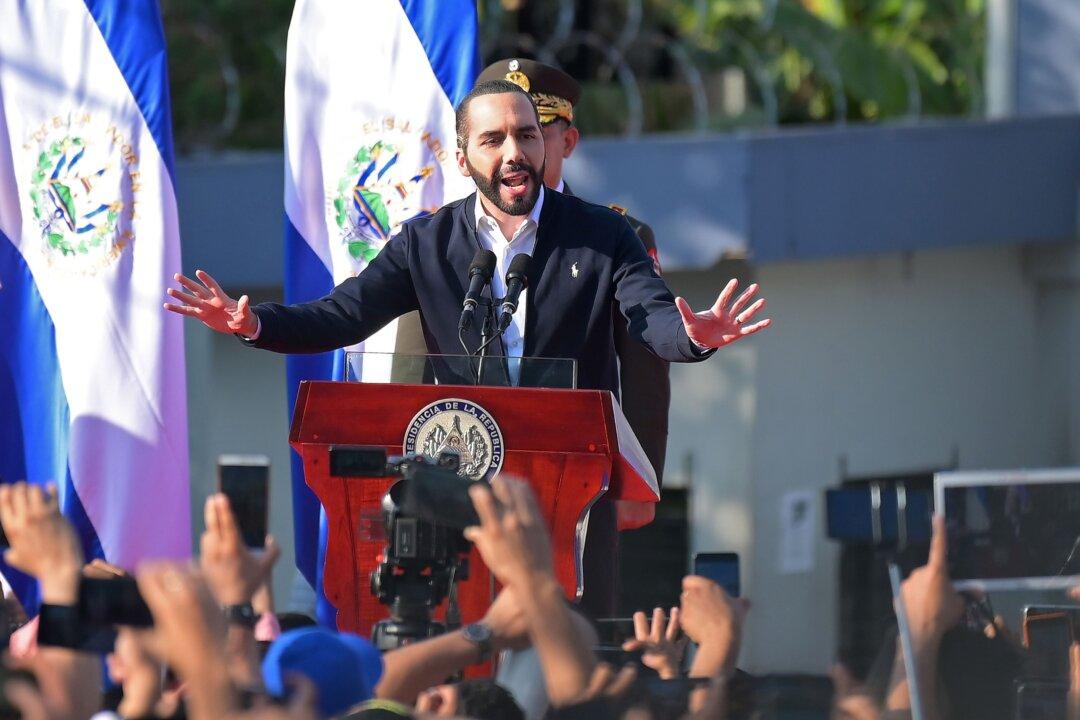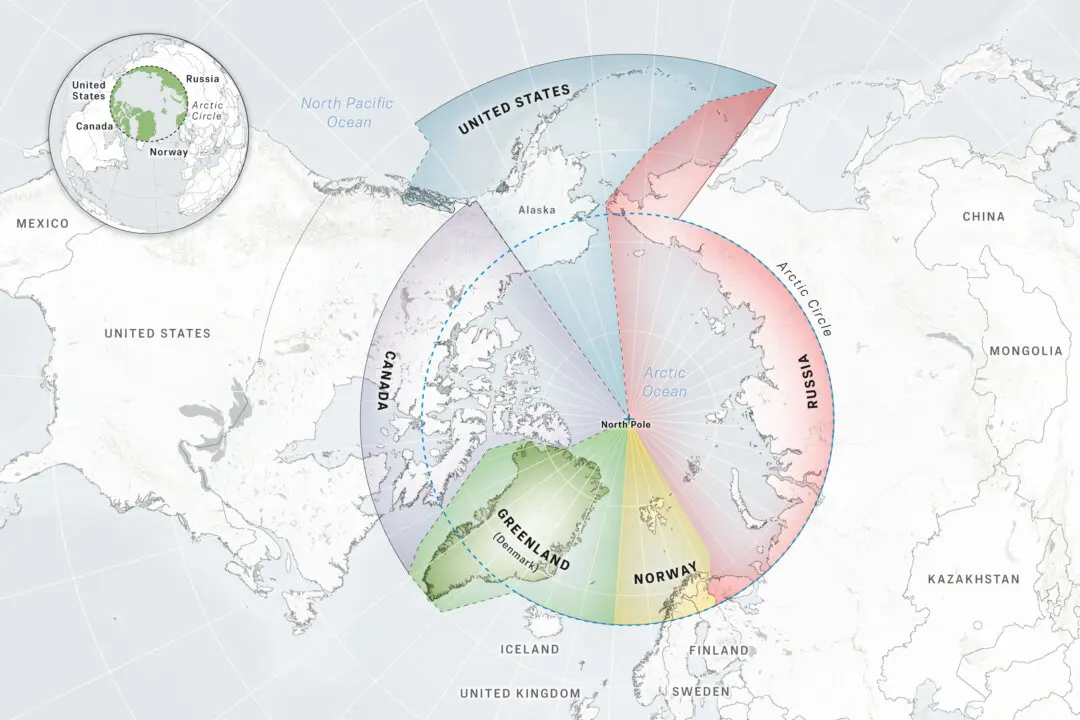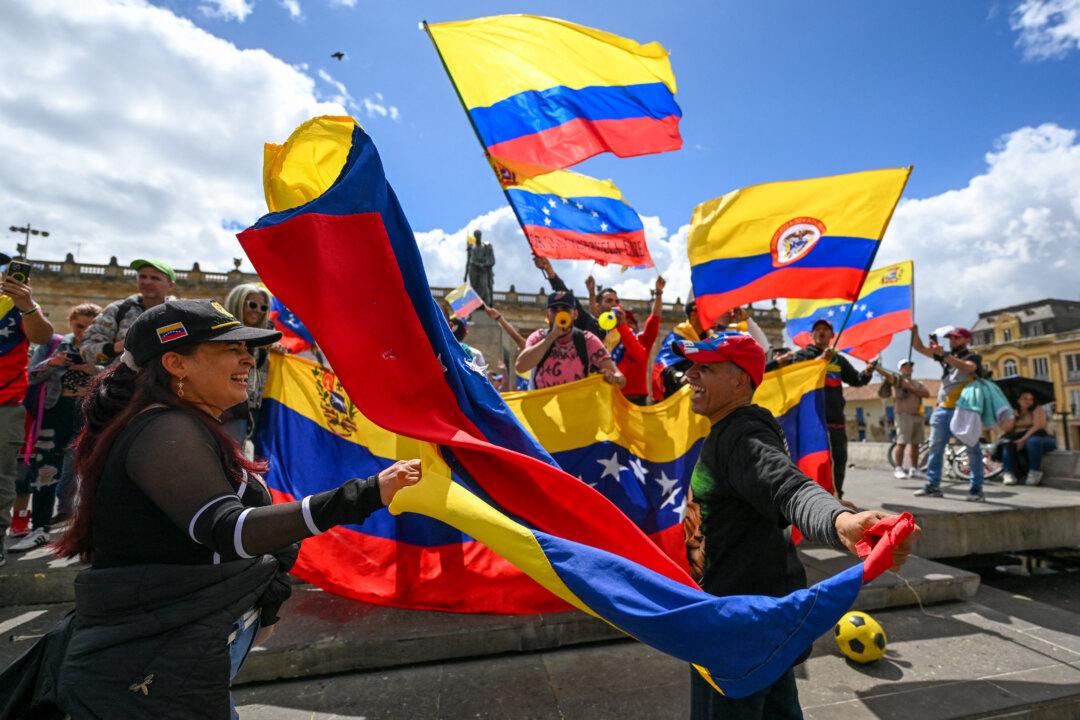SANTA CRUZ, Bolivia - During the final days of 2021, the populist president of El Salvador, Nayib Bukele, began reaching out to China as an economic life raft while foreign policy in the small Central American nation underwent a subtle, but important shift.
Primary among those changes was a noticeable cooling trend developing with the United States.





